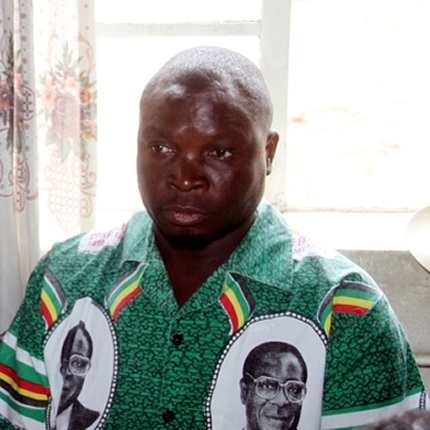CMED wins case to recover US$2,7m

Fidelis Munyoro-Chief Court Reporter
The Central Mechanical Equipment Department (CMED) can now enforce a judgment that was awarded two years ago compelling private fuel supplier First Oil to refund US$2,7 million it received from the State-owned company for three million litres of diesel that was never delivered.
The refund can now be collected, regardless of any other legal challenges including appeals in the long running legal battles between the two, although First Oil can pay in local currency at the interbank rate of exchange on the day of payment.
First Oil was on January 13 2021 ordered to refund CMED the money, in a ruling where the High Court found both companies to have breached their own agreement so CMED could not enforce delivery of the fuel, but it was allowed to have its money back.
The money would be paid at the current bank rate plus interest at the prescribed rate.
The ruling on January 24 this year by Justice Paul Siyabona Musithu came after CMED approached the court seeking to enforce the court order granted on January 13 2021, despite any new legal challenges from First Oil.
But the fuel company in its opposition sought to impugn the correctness of the judgment on the basis that the court granted CMED the order for refund of the amount paid based on unjust enrichment of First Oil.
However, Justice Musithu found that First Oil had failed to establish any prejudice that it will suffer if an order for execution of the January 13 2021 judgment pending appeal, is granted.
All it was ordered to do was repay what it had received regardless of any other legal suits from either side.
It was CMED that stood “to suffer irreparable harm if the execution pending appeal is not granted”, he said. It had “parted with a huge amount of money, but received nothing in return”.
In his ruling, the judge also considered that CMED was in the business of procuring and dispensing fuel for Government and given the instability in the pricing of fuels globally, the amount advanced to First Oil may never buy the same quantities of diesel as would have been procured when the deal was signed.
In any event, CMED was not going to be refunded the sum of US$2,7 million in the same currency it was paid to the fuel company.
“First Oil failed to justify its retention of the said amount in the absence of any claim against CMED so the balance on convenience was clearly in favour of granting CMED the right to enforce the order,” said Justice Musithu.
The two companies have been slugging it out in court since 2014, arguing over the return of the money paid to First Oil, which refused supply the fuel until full payment of the agreed purchase price plus duty of US$720 000.
The deal led to First Oil company being charged with fraud by misrepresenting to CMED that it had capacity to supply three million litres of diesel.
During the 2021 hearing before Justice Own Tagu, both companies were accusing each other of breaching the contract.
CMED had argued that it was entitled to specific performance as a right, arguing that First Oil could not expect it to have paid the US$720 000 for import duties when the product was not delivered at all.
It was argued that the obligation was not to the amount of the duties and levies to First Oil, but directly to Zimra.
But First Oil argued that the release of funds to it without a signed agreement brought about the breach of the agreement.
The agreement was signed after CMED deposited the US$2,7 million into First Oil’s ZB Bank account. It also argued that CMED breached the agreement as it did not pay the full purchase price by failing to pay the import duty that was due to Zimra.
In that case, Justice Tagu found that both parties breached their own agreement, but would not allow First Oil to unjustly enrich itself by keeping the original payment. He also ruled that CMED could not demand the diesel stand as the State-owned entity did not fully comply with the terms of the agreement, but it could have its money back.
On the part of First Oil, the judge ruled that it would be unjustly enriched because it received the money, but did not supply the fuel to CMED.
Justice Tagu went on to criticise First Oil, saying it could not claim that the agreement was unenforceable because it signed the agreement with eyes wide open, well after the amount of US$2,7 million had been deposited into its account. He said by signing, First Oil rectified the contract, hence the agreement was valid and binding.
He added that if First Oil’s position was correct that the signed agreement was unenforceable because CMED paid before the agreement was signed, then it followed that the fuel supplying company had no right to hold onto the US$2,7 million because doing so would unjustly enrich the company.
Equally, the judge ruled, First Oil breached the contract by signing the agreement when the money had already been deposited into its account. It should have refused to sign the agreement.








Comments